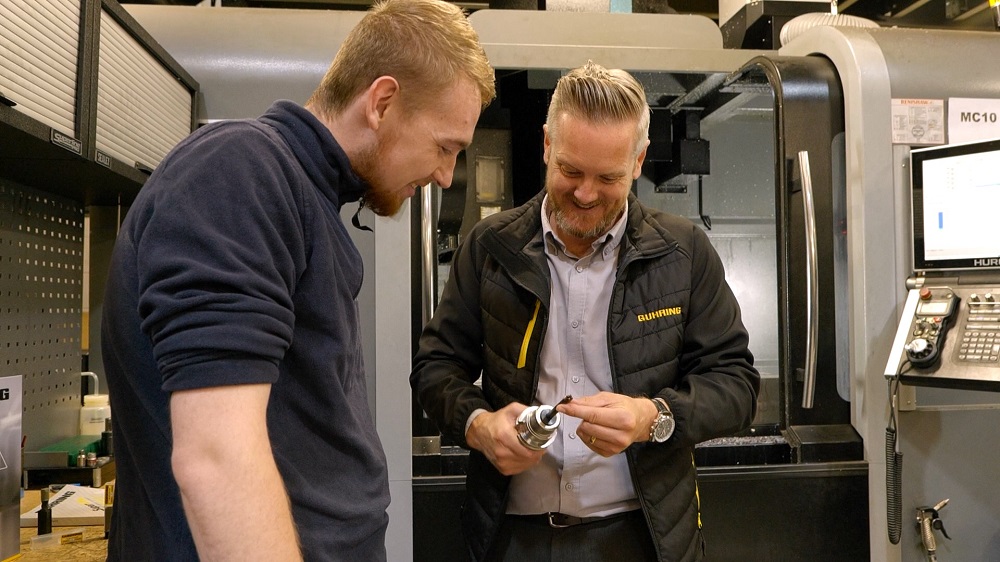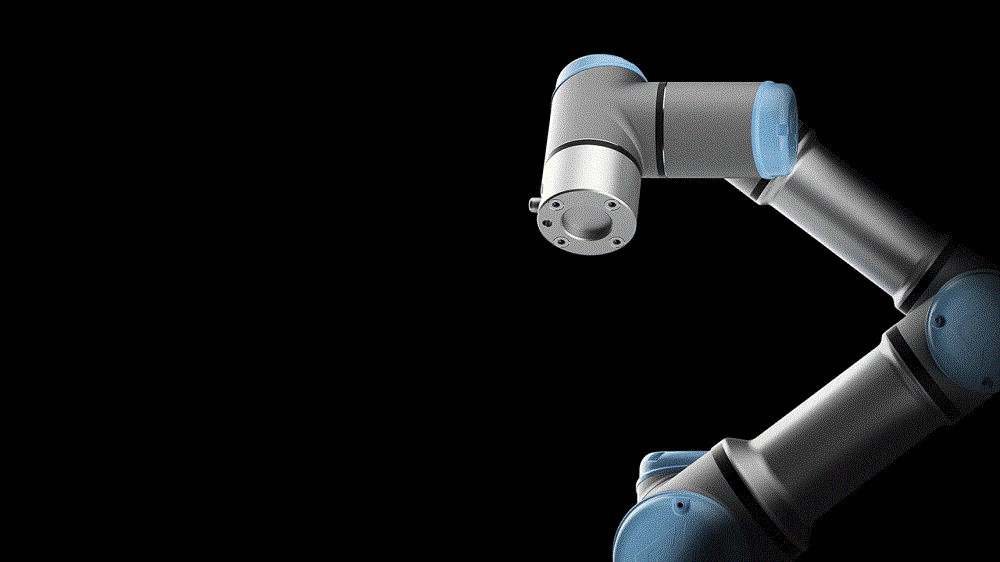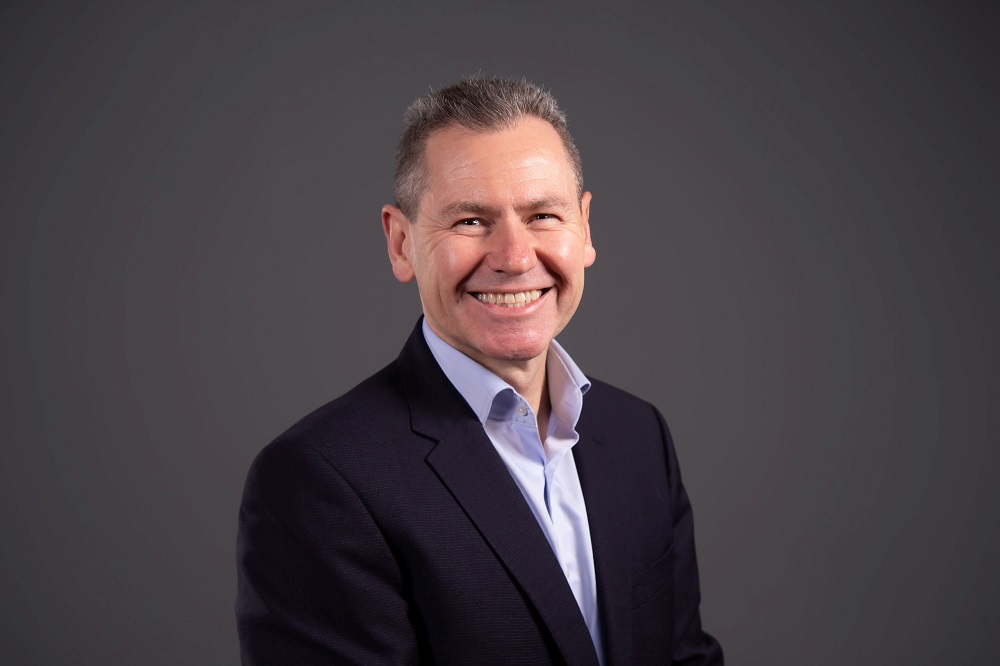As a family-run business, Canterbury Tools has been involved in the design and manufacture of press tools since it was established almost 50 years ago. To optimise the production of specialist press tools, the Walsall-based subcontract manufacturer utilises cutting tools supplied by Guhring.
The company specialises in the production of single operation tools, progression tools, transfer tools, as well as components and assemblies for automated and robotic processes in sectors as diverse as agriculture and construction, through to medical, IT, aerospace and automotive.
Canterbury Tools is always looking for opportunities to accelerate performance and productivity. Josh Bennett, operations team leader, says: “When you are cutting materials like D2 tool steel and running intricate forms with a high material removal rate, you can burn through tools quite quickly.”
Based on an ethos of continuous improvement and progressive strategies, the company took notable steps forward after it was introduced to cutting tool manufacturerGuhring at the MACH 2022 exhibition.
“Our first Guhring tool was the Diver series of end mills,” says Bennett.“We trialled the tools and to our surprise they delivered three times the performance of the apparently high-end tooling we were using at the time. From this point onwards, we took Guhring seriously. We found we could increase our cutting depths and stepovers by 1 to 1.5 times and increase our speeds and feeds while achieving a much higher tool life.”
He adds: “With a much higher material removal rate, jobs are on machines for less time, which is massive in the world of CNC machining.Additionally,not having to change the cutters as often reduces the downtime incurred by tool changeovers.”
For further information www.guhring.co.uk



















